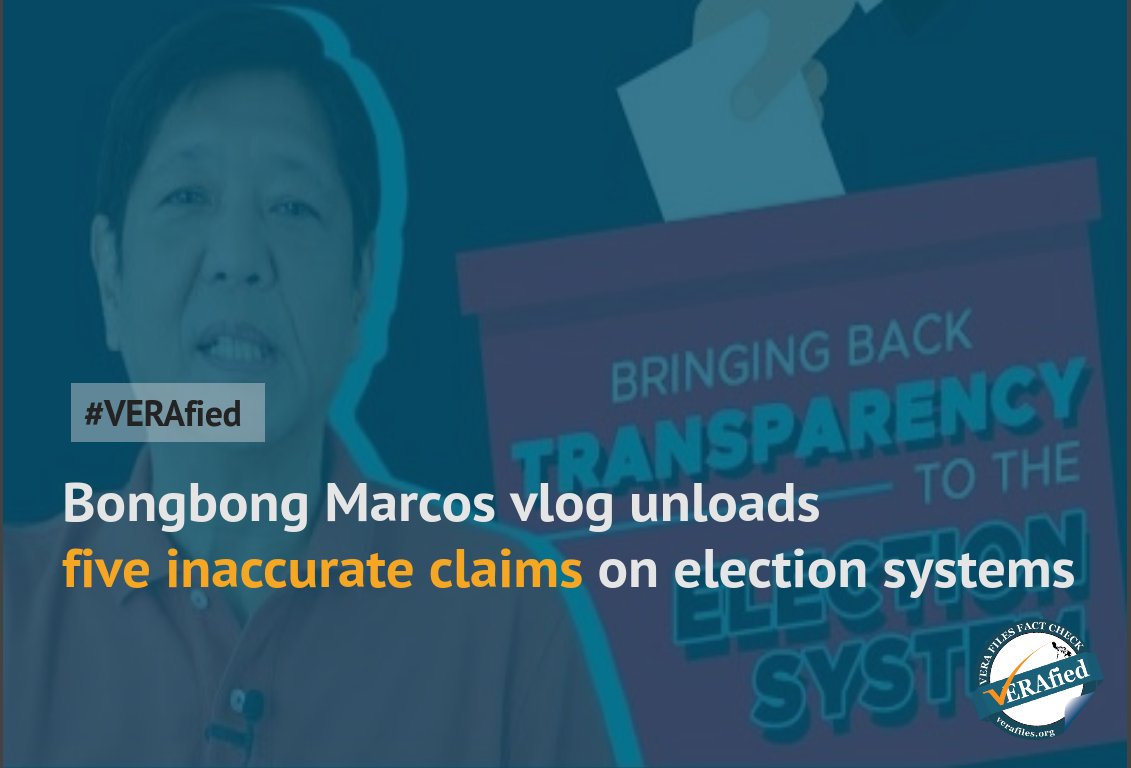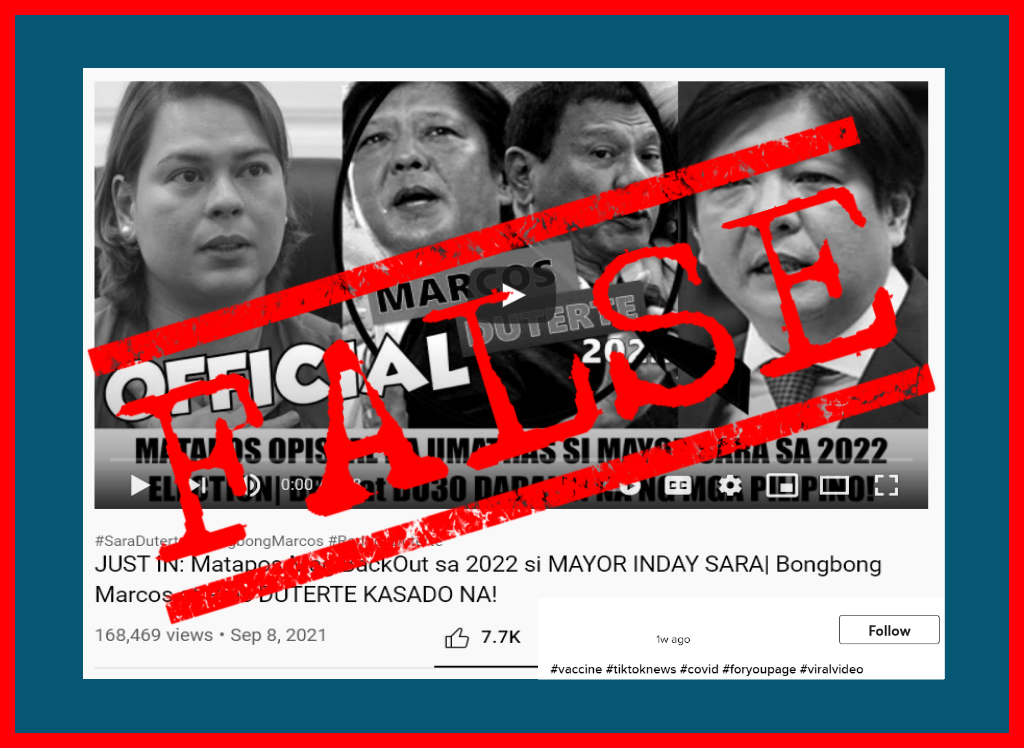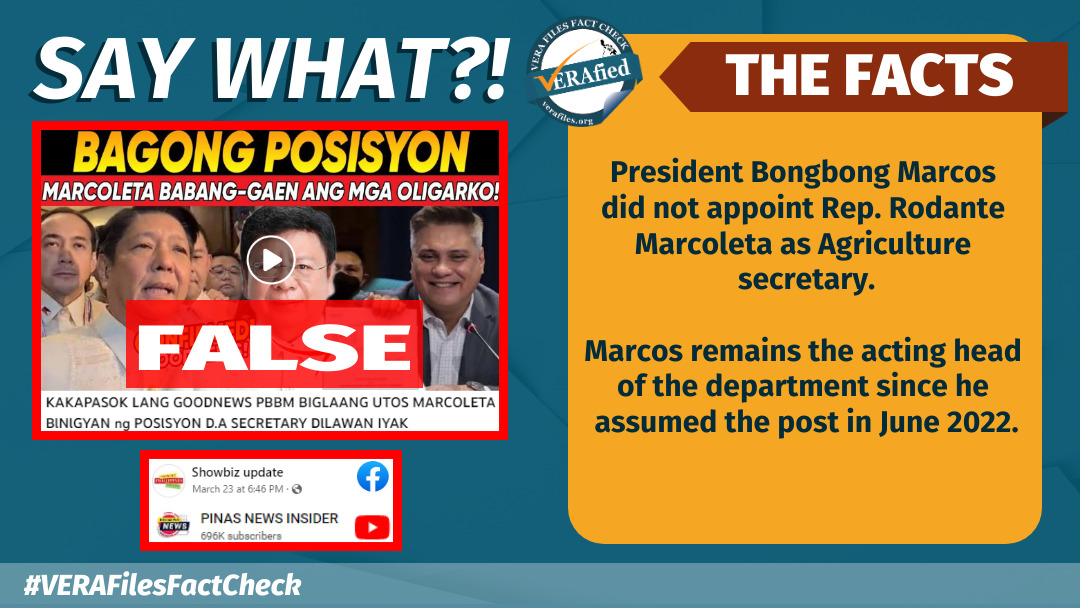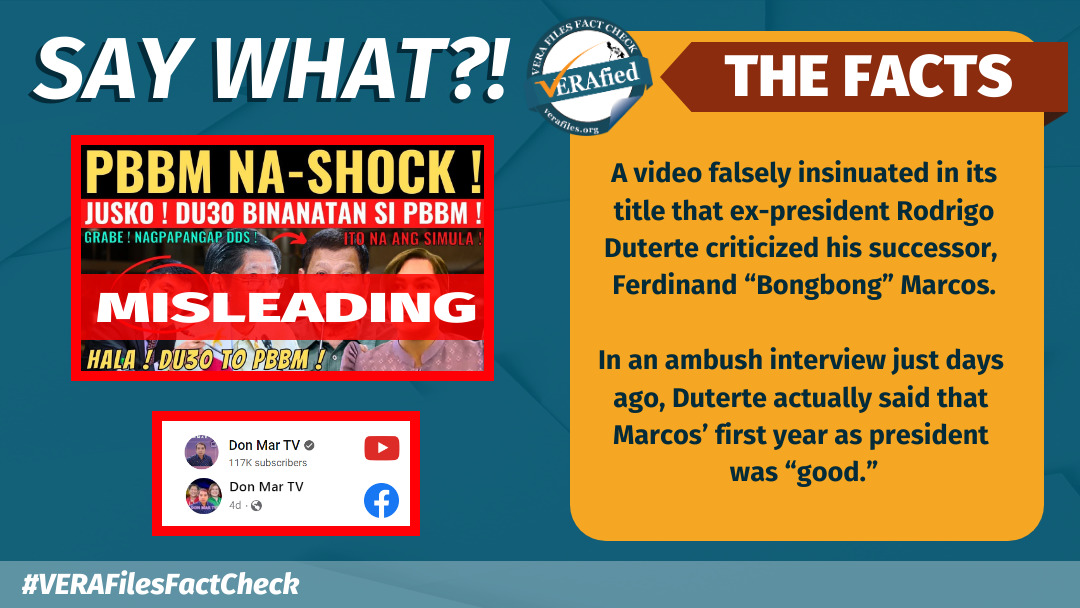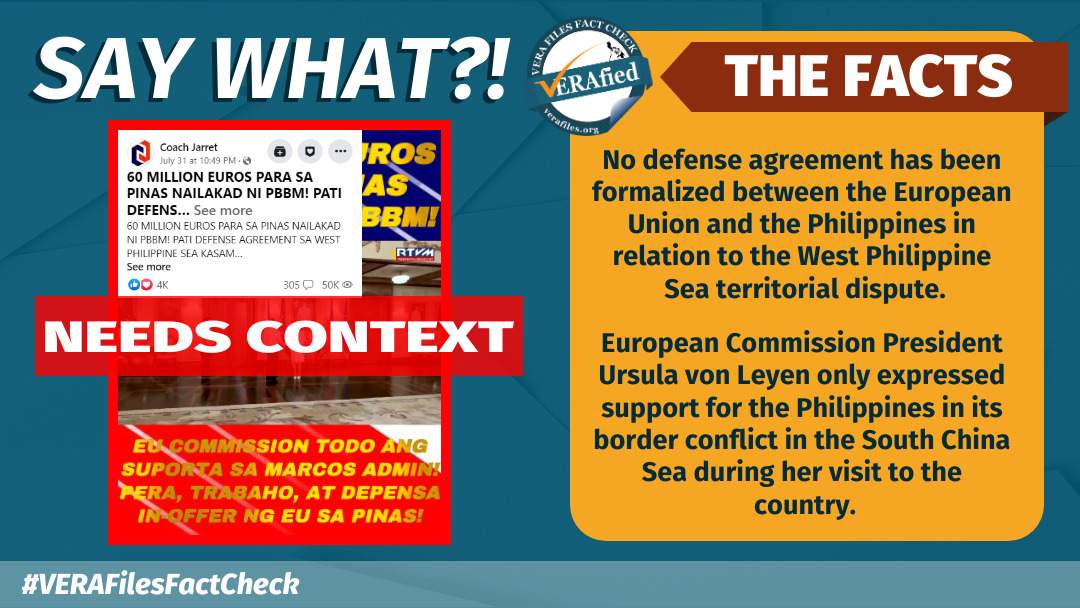How we wish that when presidential candidates show us their performance record, they would resort to truth telling to empower freedom of choice of Filipino voters. But this is regrettably remote from the truth in the case of Bongbong Marcos.
As is virally known by now, he had previously stated he graduated from Oxford and from Wharton. After these falsities were exposed, he altered his senate curriculum vitae in 2015. But until today, he lies that he did not lie, that what he presented was accurate. Asking him to tell the truth is an unswerving demand we must make. The highest office of the land is a sacred position, no matter if it has been bastardized the past six years. Given the Marcos record of diverting us with glitzy false facades, demanding for the truth is a great service we can do to a people colonized by fallacies and historical distortions.
Thanks to a special academic unit at the University of the Philippines Third World Studies Center, the truth is gradually coming out of the woodwork in an era of falsities. TWSC’s Marcos Regime Research (MRR) Group was precisely conceived to use scholarly research to stem the “unabated tide of historical revisionism in favor of the Marcos regime.” Using select digitized files from the Presidential Commission on Good Government and the National Historical Commission of the Philippines, MRR’s scholars Miguel Paolo P. Reyes, Joel F. Ariate Jr., Larah Vinda B. del Mundo, Christian Victor A. Masangkay, and former TWSC director and national historian Ricardo T. Jose have published a phenomenal index of outputs on all aspects of Marcos untruths in academic journals, digital publications, and webinar presentations. Readers can access these outputs with their respective links in the MRR website. It is a treasure trove of education and information on the Marcos regime that educational institutions can use as a template.
MRR’s recent researches on Bongbong’s fake educational attainment was the subject of the prestigious British broadsheet The Sunday Times (circulation over 650,000), echoing recent revelations published by Vera Files (Part 1 and Part 2), including this writer’s opinion piece. Readers can access the link of The Sunday Times article by Asia Correspondent Philip Sherwell here.
Writes Sherwell: “Newly published letters have revealed that the envoys lobbied senior figures at Oxford University’s St. Edmund Hall to save the academic career of the despot’s son after he twice failed examinations.”
The principal of St. Edmund’s Hall was communicating not with student Bongbong’s parents but with the military attaché of the Philippine embassy in London. It was the military attaché who was tasked by Marcos to act as guardian of the Marcos children. Take note of government resources being used here for Marcos family matters.
The problem at hand then was Bongbong’s failing marks. The attaché responded to the school by justifying Bongbong’s failures. Again, take note that an embassy functionary was used to lie to an Oxford official. The attaché said Bongbong failed his exams because he was “suffering from asthma and flu exacerbated by the change in temperature and the long flights between Manila and London.”
The attaché also said Bongbong was suffering from “adverse psychological effects” after he had accompanied his dictator father in a visit to victims of a devastating earthquake in August 1976, a month before he had to repeat two papers for his course.
As a compromise, Oxford allowed Bongbong to return, but only to claim a special diploma in social science for a non-degree program. The Oxford Philippines Society has since issued a disclaimer that the special diploma is not equivalent to a college degree.
Even without a college degree, Bongbong proceeded to the Wharton School of the University of Pennsylvania to try for a master’s degree in business administration. Again, Philippine diplomats stationed in London and the US were used by the dictator father to intervene for the son. Vera Files links reveal closely who these diplomats were.
The dictator Marcos made no difference between government and family resources to advance their family affairs and interests. For him, both were one. No wonder they stole what was not theirs.
Should schools teach about the evils of the Marcos dictatorship? If we ask friends if they like Jollibee or McDonald’s, that is an opinion question. Opinion can be debatable. If we ask them if their favorite color is red or blue, that, too, is a matter of choice. But human rights, defense of human life, good governance, corruption, and lying in the conduct of one’s public office are not matters of opinion. They have no shades of gray. They are absolutely and decidedly black and white. We do not use opinion to determine if they are good or bad.
The evils of the Marcos regime must be taught in schools.
The views in this column are those of the author and do not necessarily reflect the views of VERA Files.

